- Newest
- Most viewed
Interested in a Link Placement?
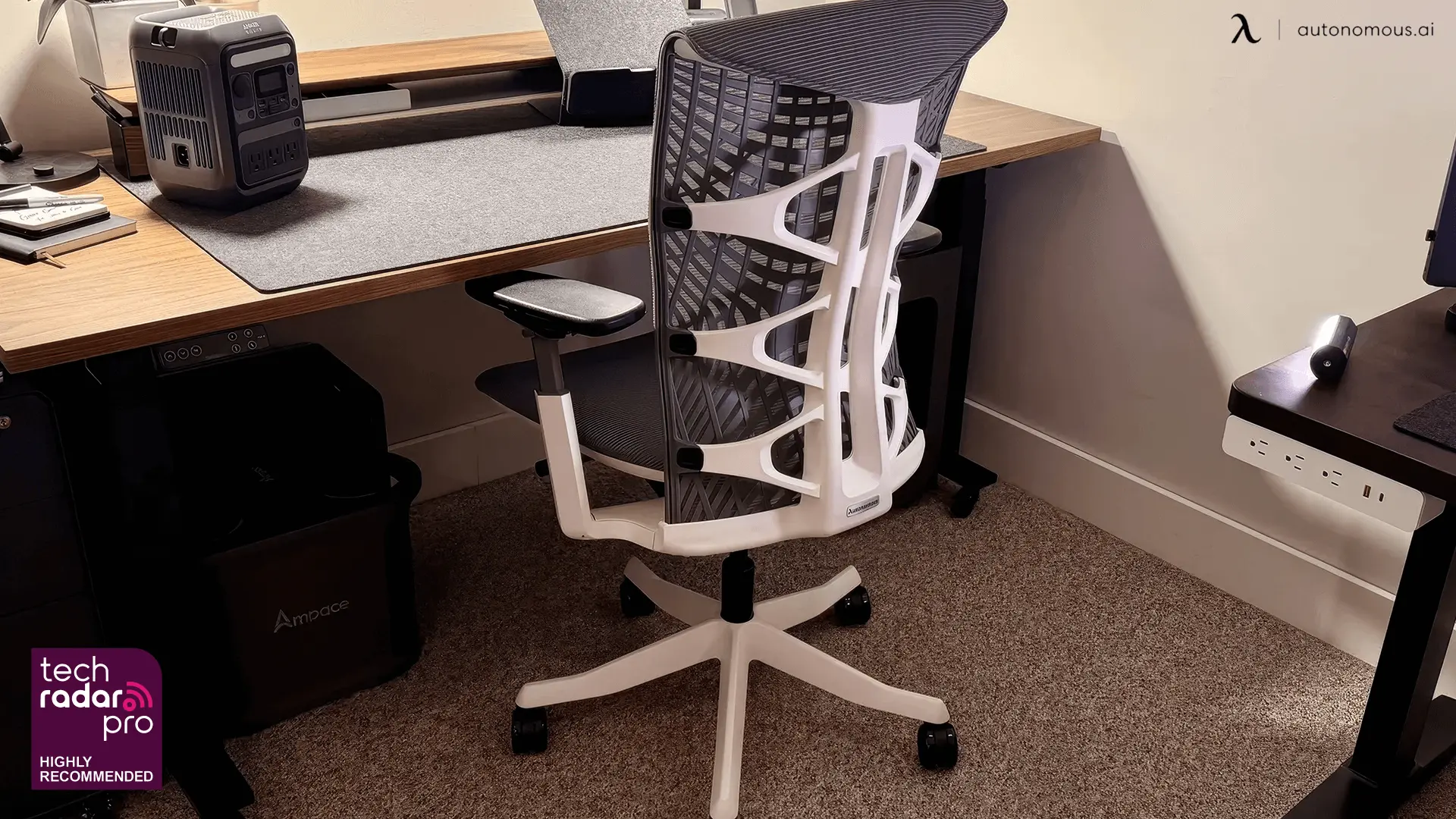
Best Office Chairs for Carpeted Floors: Comfort, Durability, and Style
Discover the best office chairs for carpeted floors, with tips on wheels, stability, and comfort to keep your workspace functional and stylish.
Smart Products | Apr 16, 2025 848 views

10x10 Office Shed for Remote Workers: A Productive, Distraction-Free Space
Workplace Inspiration | Apr 15, 2025 503 views
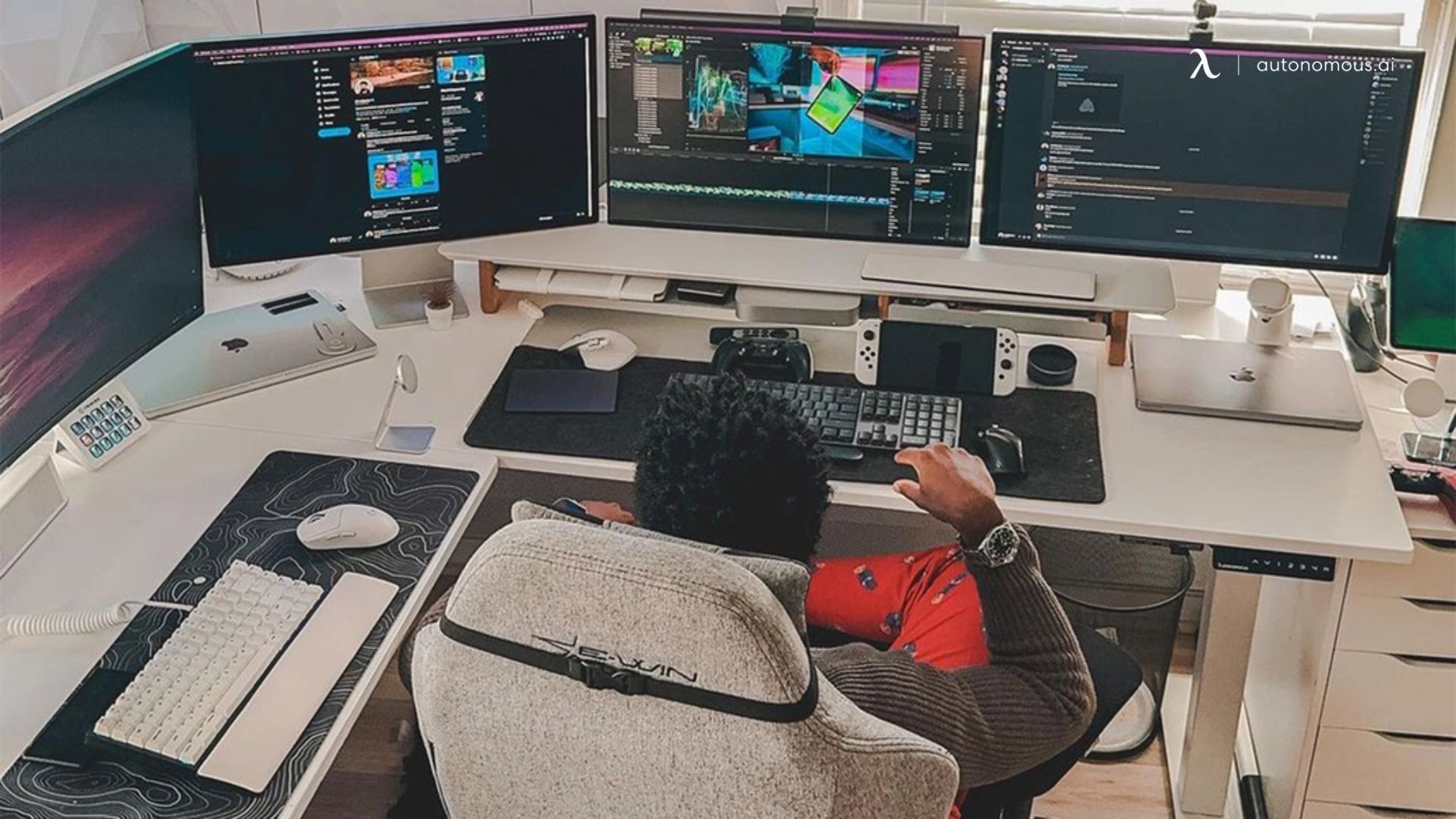
Best Heavy Duty Standing Desks for Stability & Strength
Smart Products | Apr 14, 2025 905 views

ADU Zoning Explained: Everything You Need to Know
Workplace Inspiration | Mar 28, 2025 935 views

Vermont ADU Handbook: A Complete Guide to Building Your Own
Workplace Inspiration | Mar 28, 2025 1,015 views
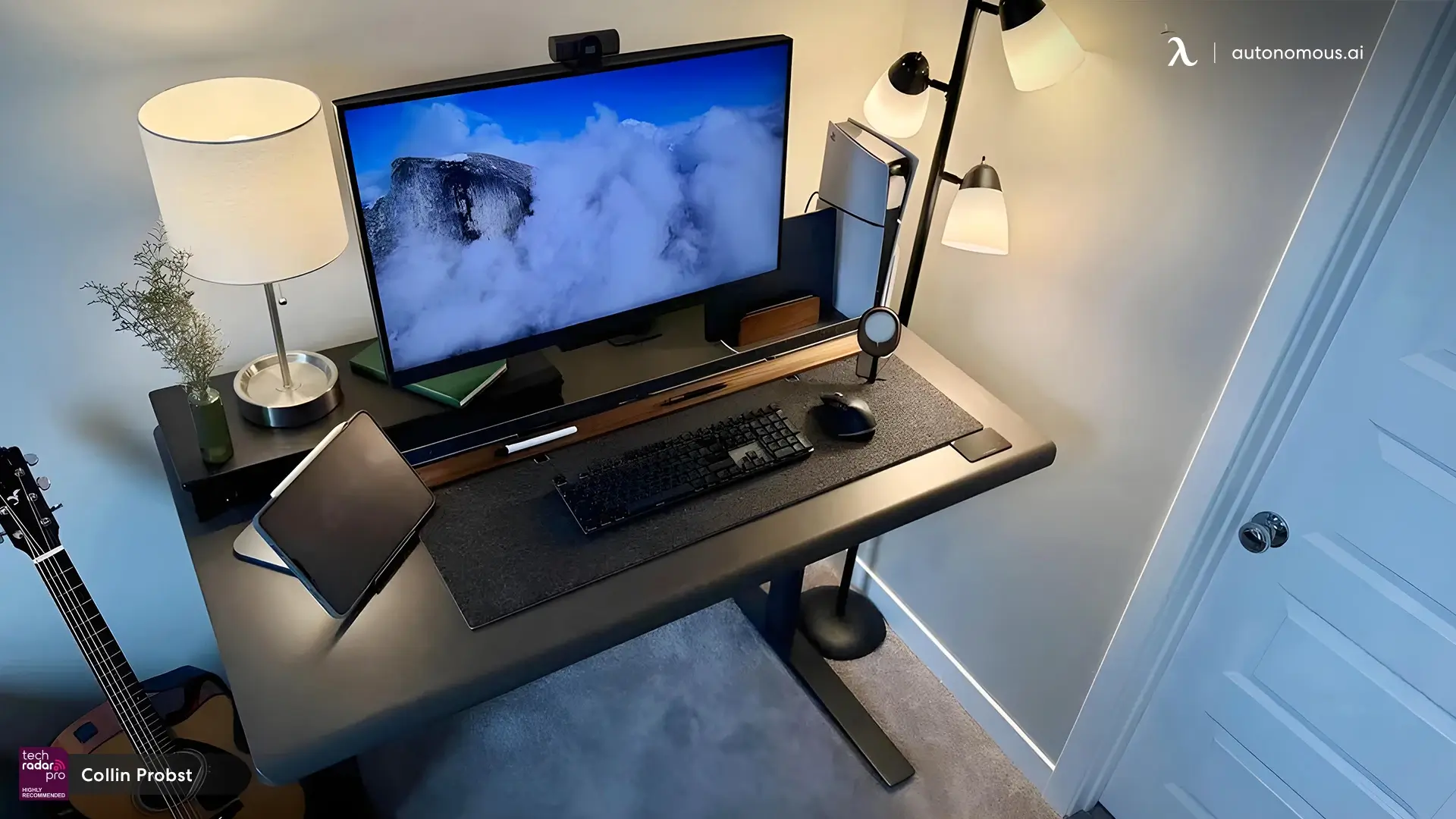
Modern Black Home Office Ideas for a Stylish Workspace
Workplace Inspiration | Mar 27, 2025 1,567 views

Is Prefab ADU Cheaper? Exploring Cost Benefits of Prefabricated Units
Workplace Inspiration | Mar 25, 2025 1,467 views

32 vs. 34-Inch Monitor for Work: Which One Is Better?
Smart Products | Mar 17, 2025 1,611 views
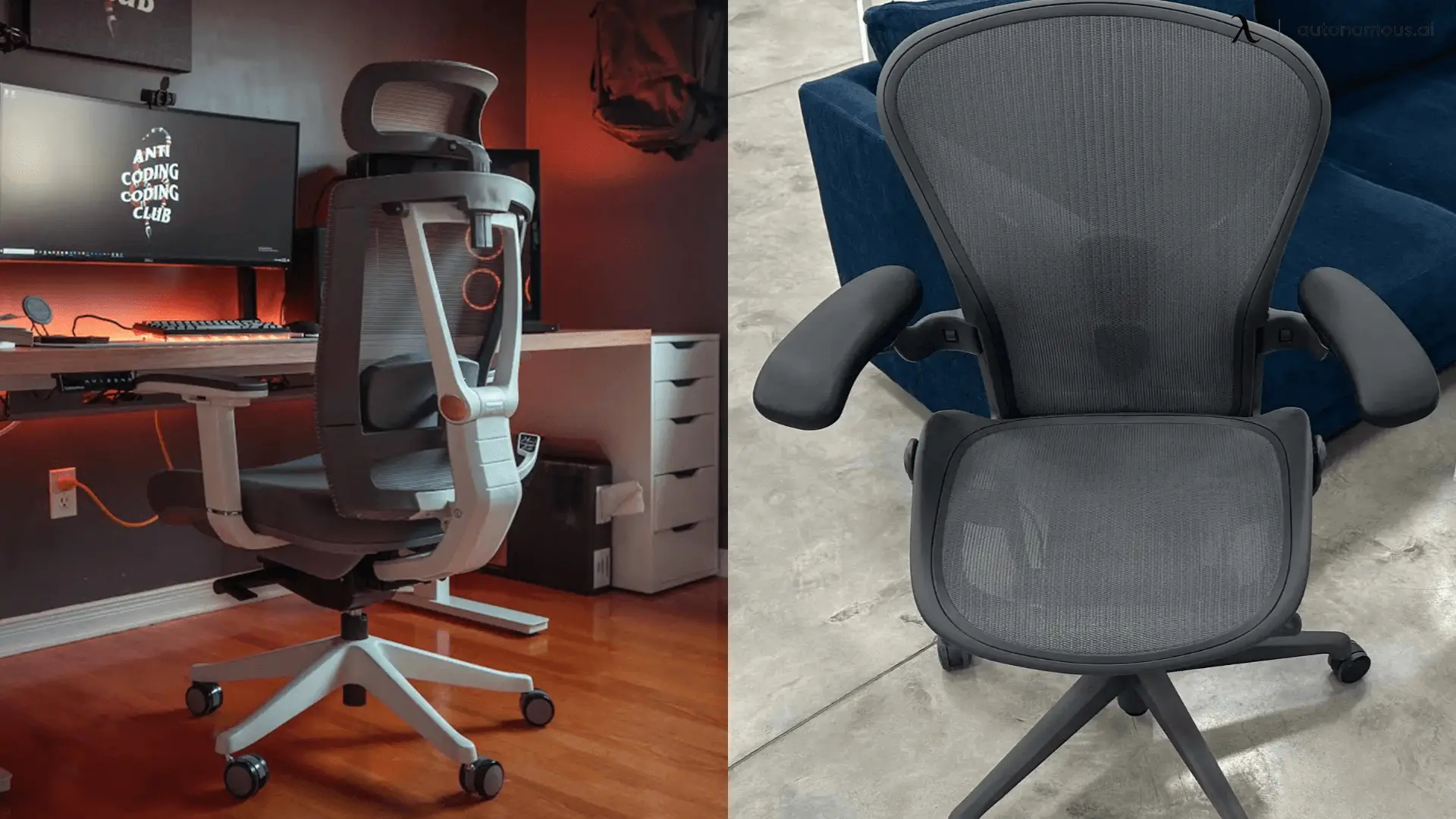
Autonomous ErgoChair Pro vs. Herman Miller Aeron: Which One Is Right for You?
Smart Products | Mar 15, 2025 1,420 views
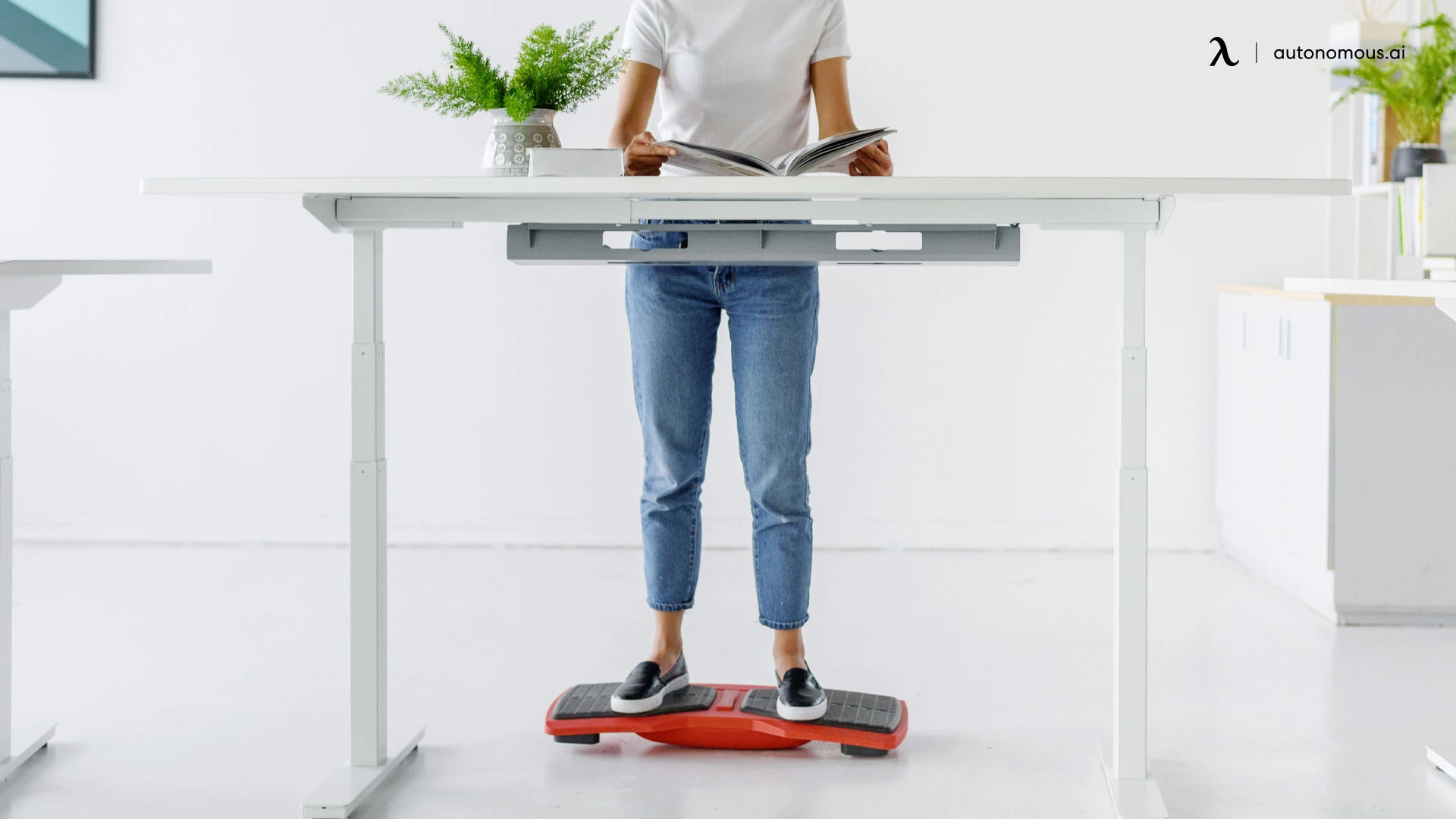
Calorie Expenditure: Meaning, Calculation & How to Burn More Calories
Work Wellness | Mar 14, 2025 2,059 views
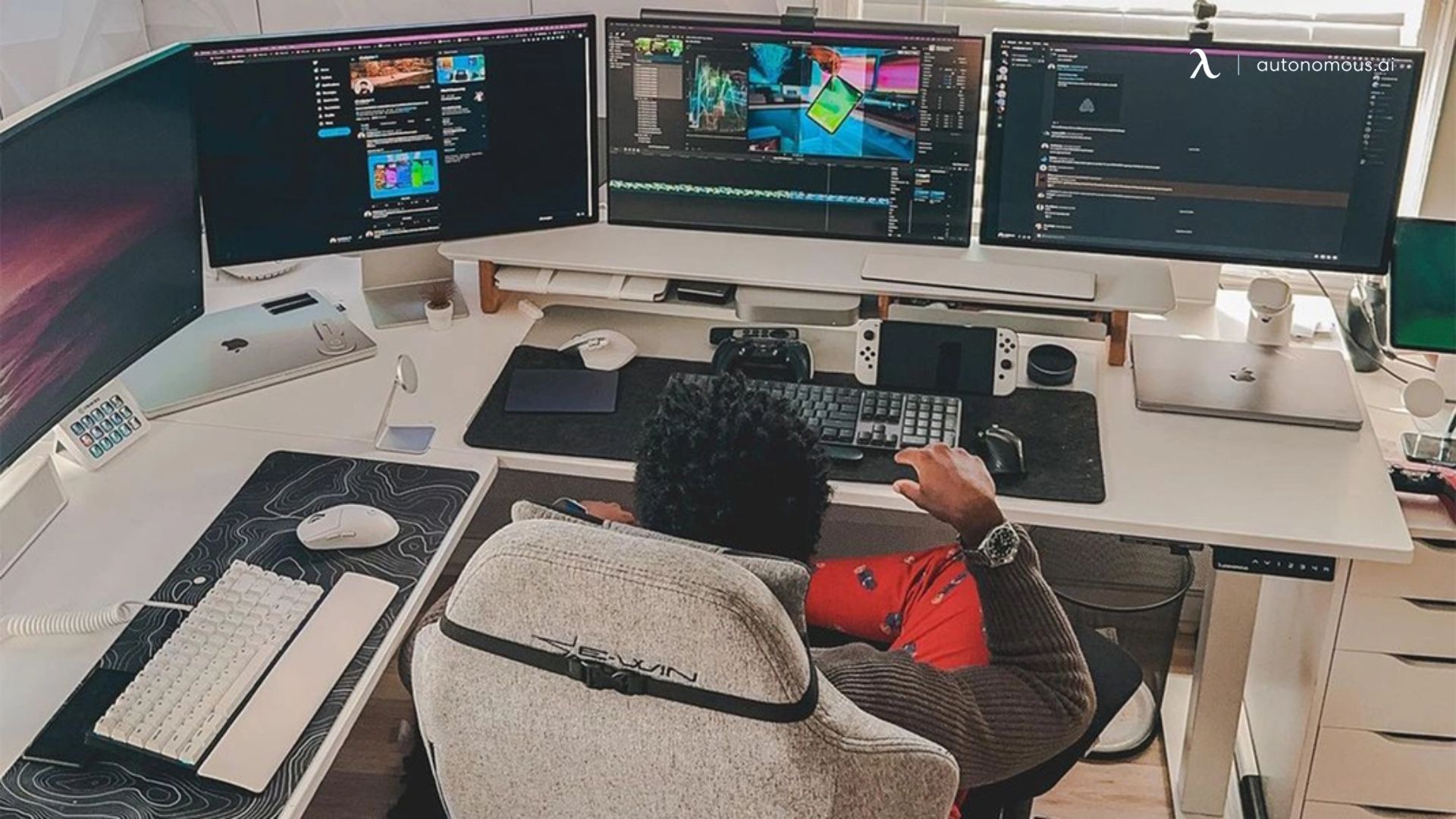
Monitor vs. TV for Computer Work: Which One Should You Choose?
Productivity | Mar 13, 2025 1,744 views

How to Lose Weight While Working: Ways to Stay Active at Work
Work Wellness | Mar 12, 2025 1,582 views
.svg)
.svg)
